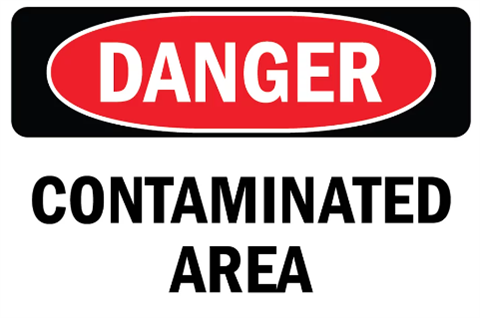Contaminated Land and Underground Petroleum Storage Systems

Where land is ‘significantly contaminated’, it is regulated by the NSW Environment Protection Authority (EPA). If contaminated land does not pose an unacceptable risk to human health or the environment, Councils are the regulators through the planning and development process.
Land contamination occurs when an activity results in chemicals or materials being left behind in the ground, groundwater or rivers and creeks. Low levels of contamination may pose little or no risk to people or the environment, but higher levels can impact upon the health of humans, plants and animals. NSW has a set of rules based upon laws including the Contaminated Land Management Act 1997 and standards such as sampling and reporting guidelines. These are founded upon nationally agreed criteria.
Oberon Council has developed a policy to ensure that land that is potentially impacted by contamination is dealt with in a consistent manner, and in line with state requirements. The policy details the relevant state laws and standards and what is required if a land that is impacted by contamination is proposed to be developed. A copy of the policy can be read https://www.oberon.nsw.gov.au/files/assets/public/v/1/policies/3132-oberon-contaminated-land-policy-for-land-use-planning.pdf
Oberon Council has a list of potentially contaminating activities and where they occurred. These activities may include mining, heavy industry, petrol stations, metal or wood treatment, dry cleaners and historic orchards, amongst others. Property owners may request information about their own land by contacting Council. Persons wishing to buy or develop land should request a Planning Certificate (Section 10.7(2) and 10.7(5)) which will detail any information that Council has for that parcel of land. Fees will apply.
Contamination risks can be dealt with similar to other development matters such as bushfire risk, flooding or heritage. By following an accepted process, Councils can ensure that suitable land is remediated and made available for appropriate development, and any risks are dealt with in a timely manner. In line with the Environmental Planning & Assessment Act (1979) and State Environmental Planning Policy (Resilience and Hazards) (2021), Oberon Council is required to consider the risk of contamination for all developments or rezoning proposals.
If there is a risk that a contaminating activity occurred on a parcel of land and / or there is evidence of contamination, Oberon Council will generally follow the below process when dealing with a development application:
- Consider if there is sufficient information to make a determination that the land is suitable for the proposed development.
- If there is insufficient information, request a Preliminary Site Investigation report completed in accordance with state guidelines. This is done by a certified consultant and will be the minimum level of assessment to determine if contamination is present, and if it is at a level that may cause harm.
- If the report finds contaminations at a level that needs further investigation, this will be done through additional steps including a Detailed Site Investigation which will confirm the nature and extent of contamination.
- This is then followed by a Remedial Action Plan which details how the contamination will be cleaned up, made safe or removed.
- The final step will be a Site Validation Report which confirms that all contamination has been dealt with and the site is suitable for the proposed use.
- If no contamination is found, or it is at a level that is safe for the proposed use, then the development application can proceed as normal.
- If contamination cannot be remediated to be safe for the proposed use, further conditions may be put on the land to prevent harm to people or the environment.
Council requires ensure that any investigation has been conducted in accordance state sampling and reporting guidelines. Council may decide that the development can be approved with some or all the above activities conducted as part of normal conditions of consent.
Oberon Council will work with developers and landholders to support appropriate identification, management and remediation of contaminated land and to encourage good development in the Oberon region.
For more information about contamination, consider reading the following resources.